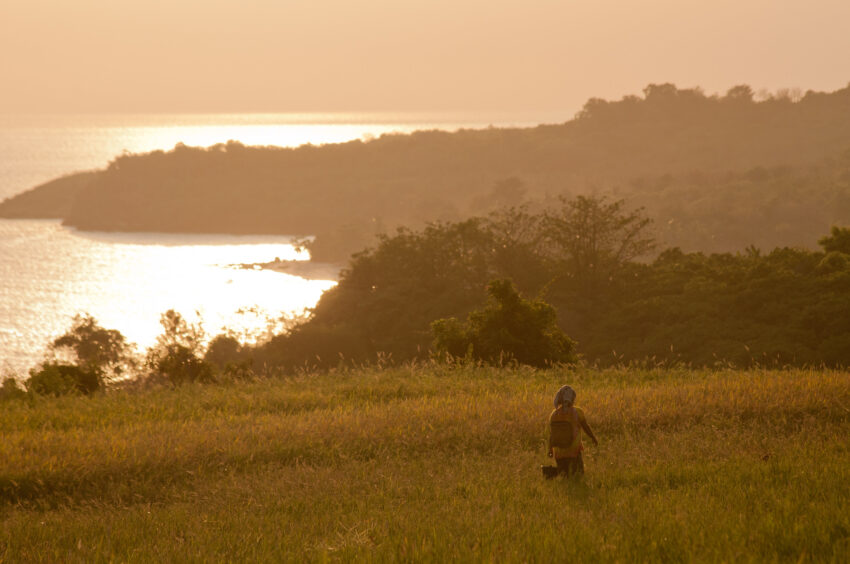
Kingdom of Boti, Timor Island, Indonesia is the unbelievable traditional, almost orthodox village of Boti. Over there. its magical pretense-free people will charm you. By exploring amazing places like the king’s house and other traditional locations, you’ll have a unique experience in your life.

Things to do
Kolbano
Right in the coastal village, you’ll be able to make the trip from Kupang. Once there, you can walk a broken and rocky road for a few kilometers until you find one of the most spectacular views you will ever see. Then you can admire the ocean with a long coastline and turquoise water.
Later, under a bright blue sky, you’ll go through the incredible hassle. Finally, you’ll admire the magnificent coastline with many alternatives for water activities. Over there, you’ll be able to snorkel, scuba dive and surf.
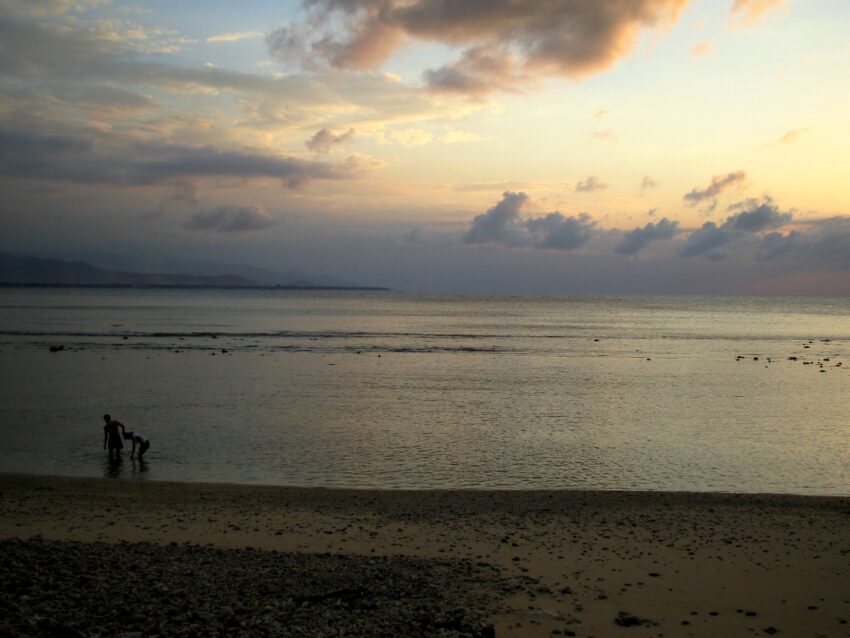
Tribal Boti Village
If you want to immerse yourself in a village almost untouched by modern life, this will be the best choice for you. Right there, you’ll get to know the indigenous tribes that continue to follow its ancient beliefs. Then, they will teach you about earth nature and plants possessing souls. At the same time, you’ll visit the village that is spread through the beautiful mountainous inland. Besides, you’ll be able to listen to all the 14 different languages spoken there.
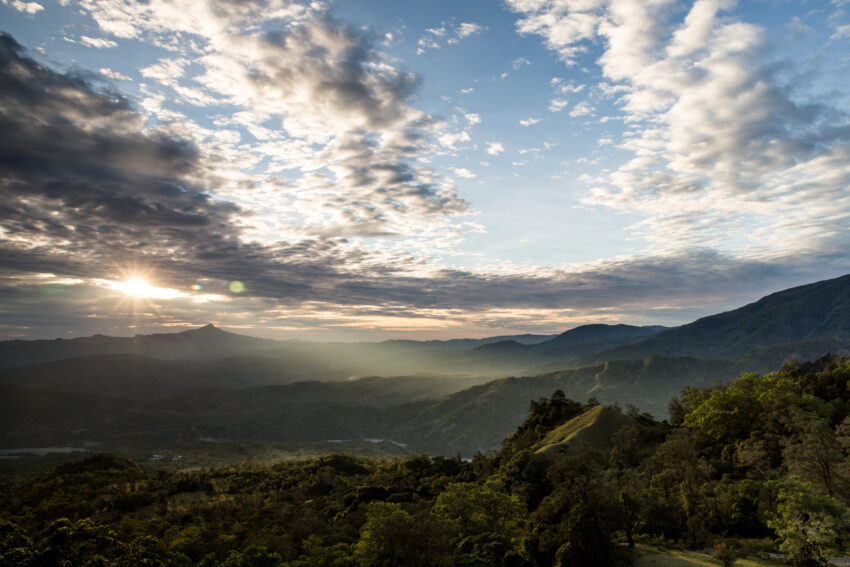
Boti Village
First of all, you’ll be able to meet the local king’s family. Then, you’ll see one of the most authentic tribal villages in West Timor. Later, you’ll get to the Boti Village located 30 km east of Soe. Over there, you’ll see the Muffy road with many glossy puddles. After all, there is a particularly scenic that will be perfect for you to take incredible pictures. The surrounding mountains, narrow valleys, and other tribal villages are fascinating.
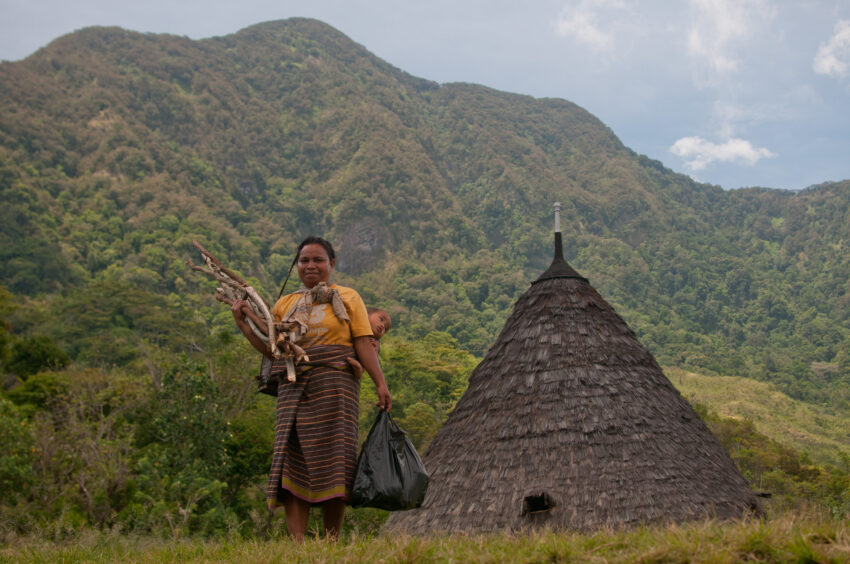
How to get there
There are two main ways to get to Boti from El Tari Airport. (KOE).
- By Taxi: it is a 3 hour and 52-minute trip from the airport to Boti. It has a price of $55 to 70 USD.
- By Drive: you can rent a car at the airport with a price of $9 to 13 USD.
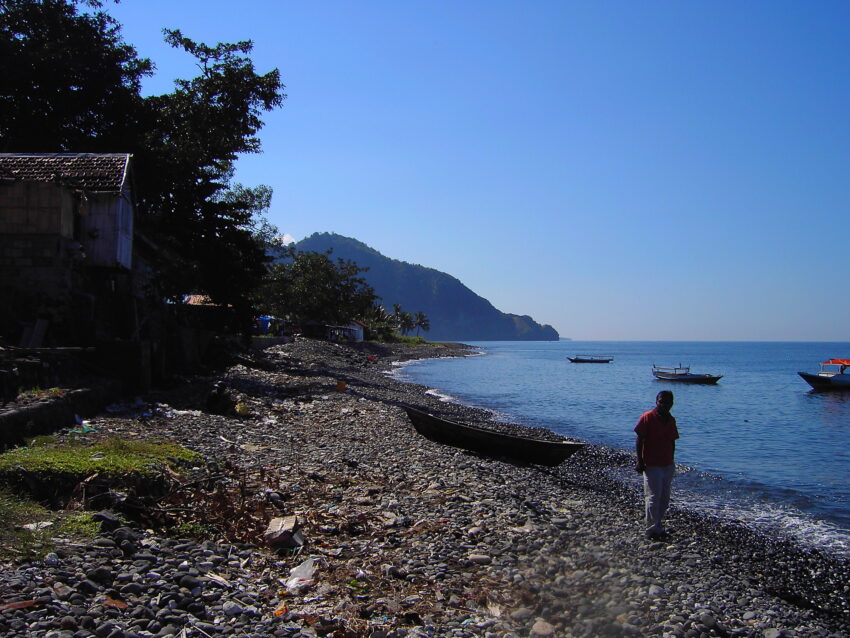
When to go
In West Timor you’ll find seasons wet and dry. The best time to visit it is during the dry season (May-September). In wet seasons there are some heavy rains.
How long
To explore all the secrets of this ancient tribe village you must stay at least 3 to 4 days.
Opening and Closing Hours
If you want to cross from West to East timor you must do it before 5 p.m.
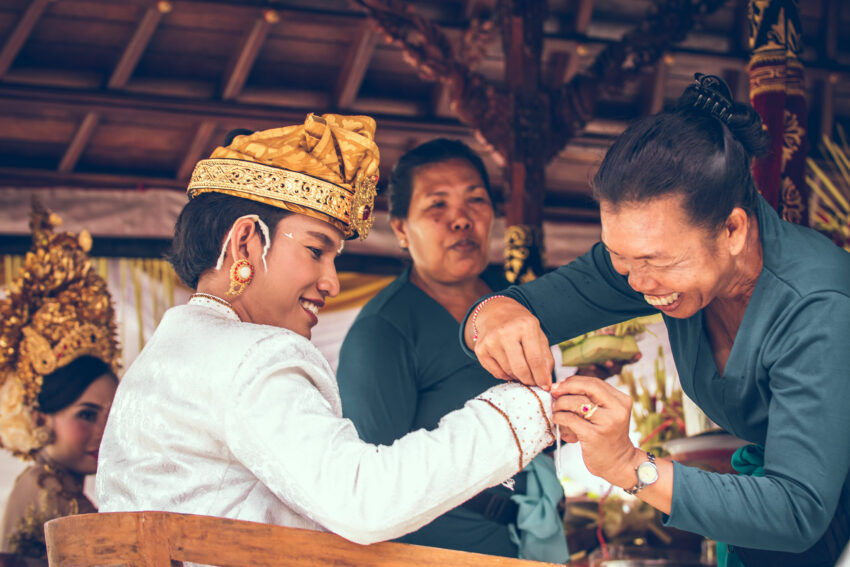
Planning
Most tours at Boti do not include food, so you must go prepared. Also, it is almost impossible to visit tribal communities without a local guide. So, if you want to be welcomed by the people in Boti, remember to book your tour guide.
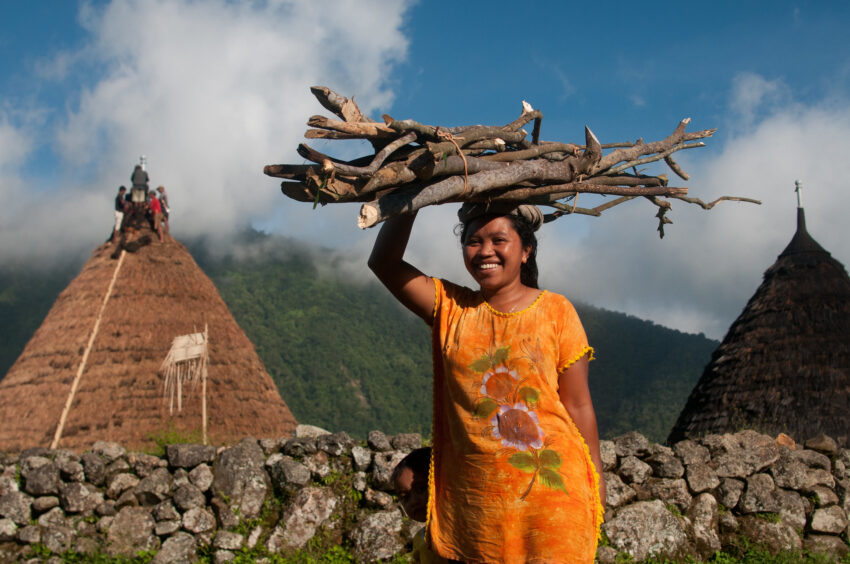
Inside Information
You must pack your bug spray to avoid any insect bites while exploring nature’s place.
History
These ruins are believed to date from the 14th century during the Marinid dynasty. Then, The Marinids conquered Fez and turned into their capital. After that, they built a palace and a mosque on the hill.
Finally, in the 14th century, the members of the Marinid dynasty were buried in the royal necropolis at Chellah. However, the sultan Abu Inan and his successors were buried in the hill and this lasted until the demise of the dynasty.
Nowadays, there are no archaeological excavations out on the site of the tombs.
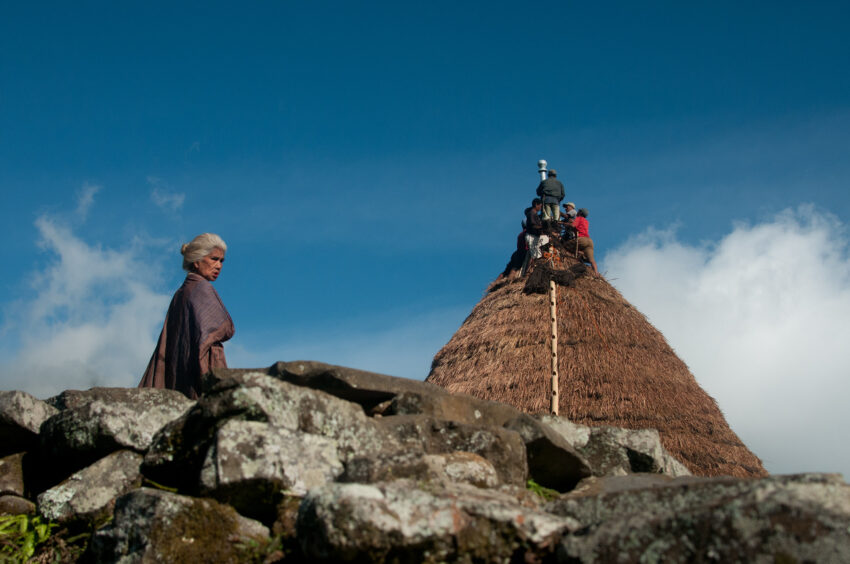
Websites
Other nearby attractions
Tamekessi Village
If you go to Boti you can’t miss Tamkessi Village. Over there, you’ll see an incredible scenic countryside in the north-central territory. Also, you’ll have the opportunity of making a half a day excursion to Kefamenanu from there. Also, you’ll get to know one of the most traditional and least visited West Timor’s fascinating indigenous villages.
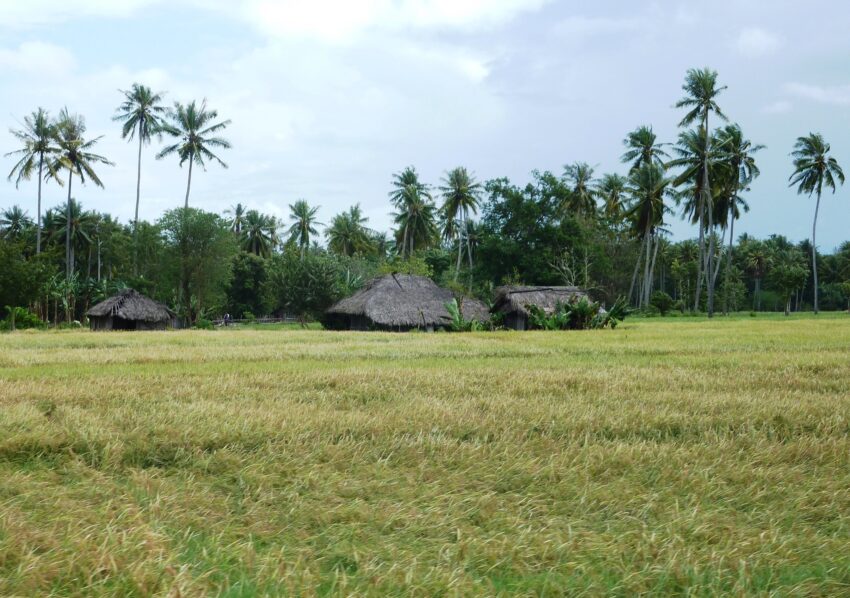
Village of Nome
At the village of Nome, you’ll see the most fascinating tribal community in West Timor. Also, this is one of West Timor’s last headhunting villages and home to the animist Dawan people. Over there, you’ll visit around 50 families who have resided here for nine generations. If you want to learn about this place’s culture, you’ll appreciate how they’ve lived in traditional beehive-shaped huts called ume kebubu with no electricity or running water. In the end, you’ll get to know their shaman, conduct magic and animist rituals.
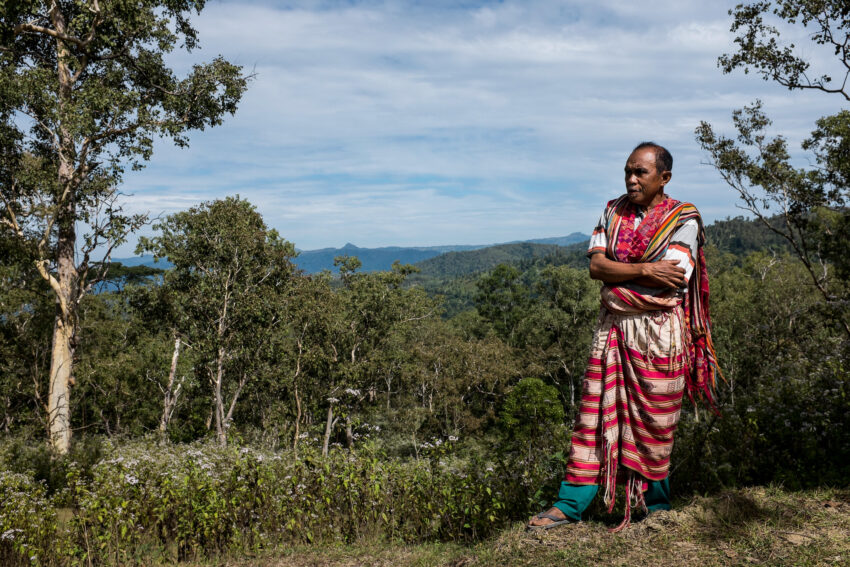
If you loved this article or found it useful, don’t forget to share it with your adventurous and travel-hacking friends! If you want more posts like this, follow us on Youtube, Instagram, Pinterest, Twitter or Facebook and subscribe to our newsletter!

